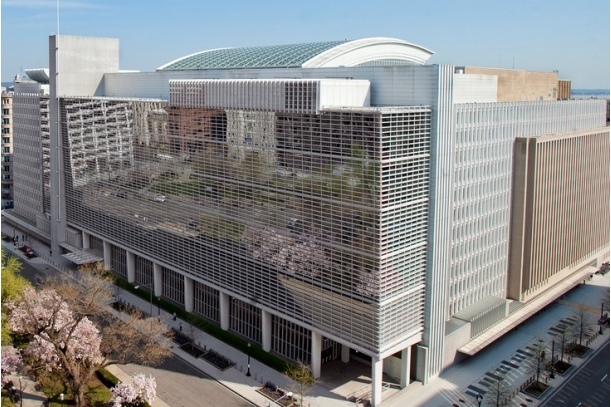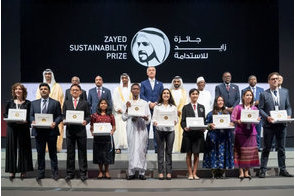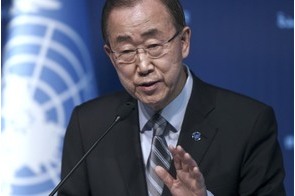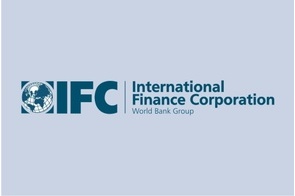World Bank grants $500mn to support Nigeria’s social protection programme

Summary
The federal government plans to spend N500 billion ($2.5 billion) on social welfare programmes.
The World Bank has provided a $500 million (N100 billion) grant to support Nigeria’s social protection programme for the poor and vulnerable citizens.
Speaking in Abuja on Tuesday, Prof. Foluso Okunmadewa, the World Bank’s Lead Specialist on Social Protection and Labour in Nigeria, said the grant is aimed at ensuring the successful implementation of the welfare programme of the administration of President Muhammadu Buhari.
“We have a 500-million dollars support to social protection programme, 70 per cent of which will go to the cash transfer and will go directly to the poor,” Okunmadewa told the News Agency of Nigeria (NAN).
In the 2016 budget approved by the National Assembly, the federal government plans to spend N500 billion ($2.5 billion) on social welfare programmes which include feeding school children, conditional cash transfers, and employment of 500,000 teachers.
In January, the federal government and the Imperial College London’s Partnership for Child Development (PCD) signed an agreement to facilitate the country’s national school feeding programme.
The national school-feeding programme, formally called Home Grown School Feeding, aims to provide a free meal every school day to 24 million primary school children in Nigeria, making it Africa’s largest ever school-feeding programme.
The school-feeding programme would initially target one state from each geopolitical zone before a full rollout in the 36 states and the Federal Capital Territory.
Related
-
African innovators win UAE's global sustainability awards
The Zayed Sustainability Prize recognises and rewards the achievements of those who are driving impactful, innovative ...
-
The first review of the Sustainable Development Goals
Achieving appreciable levels of gender liberties and political empowerment of women by 2030 is still a long shot.
-
IFC, others launch enterprise competition in Kenya refugee community
Successful private sector companies and social enterprises will be awarded performance-based grants.








